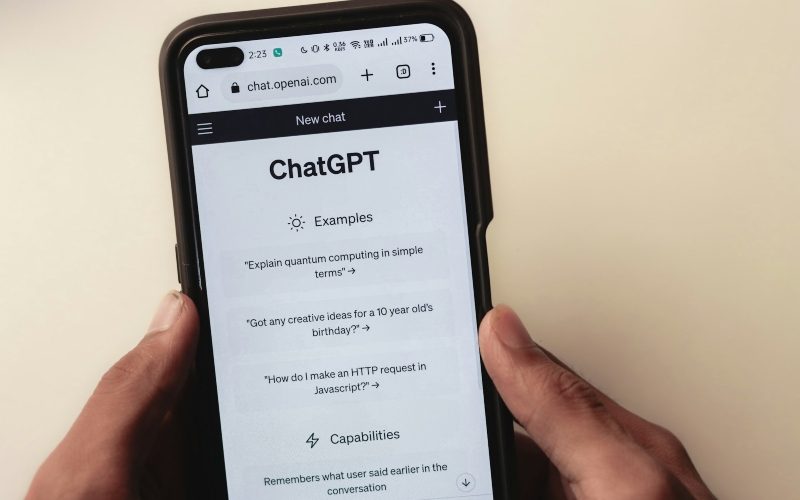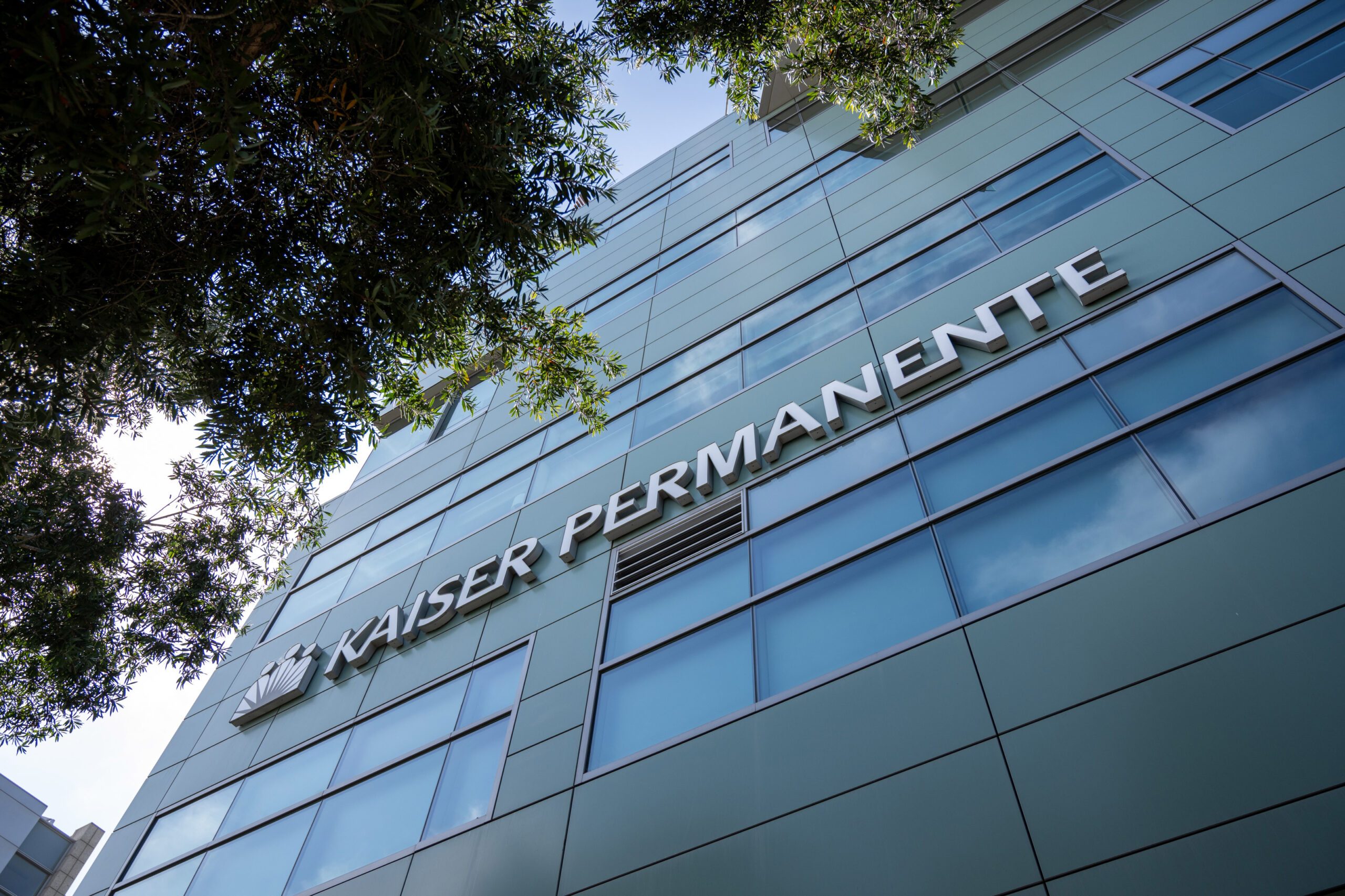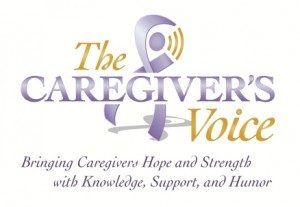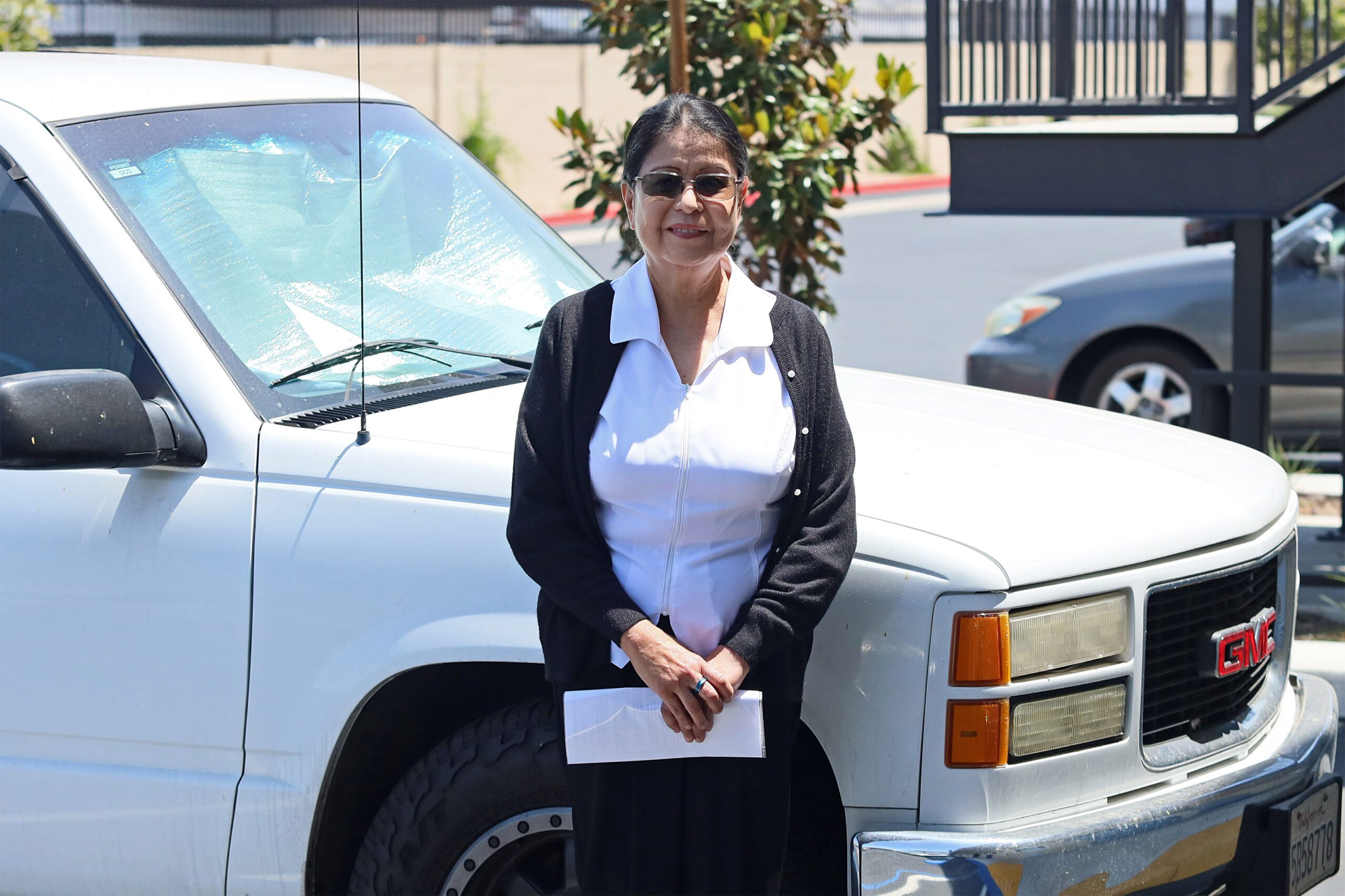By Andy Fell-UC Davis
“Things that happen in real life don’t always connect directly, but we can remember the details of each event better if they form a coherent narrative,” says Brendan Cohn-Sheehy, an MD/PhD student at the University of California, Davis and first author of the paper in Current Biology.
Cohn-Sheehy and colleagues at Professor Charan Ranganath’s Dynamic Memory Laboratory at the Center for Neuroscience and psychology department used functional MRI to image the hippocampus of volunteers as they learned and recalled a series of short stories.
The stories, created specifically for the study, featured main and side characters and an event. The stories were constructed so that some formed connected, two-part narratives and others did not.
The researchers played recordings of the stories to the volunteers in the fMRI scanner. The next day, they scanned them again as the volunteers recalled the stories into a microphone. The researchers compared the patterns of activity in the hippocampus between learning and recalling the different stories.
As expected, they saw more similarity for learning pieces of a coherent story than for stories that did not connect. The results show the coherent memories being woven together, Cohn-Sheehy says.
“When you get to the second event, you’re reaching back to the first event and embedding part of it in the new memory,” he says.
Next, they compared hippocampal patterns during learning and retrieval. They found that when recalling stories that formed a coherent narrative, the hippocampus activates more information about the second event than when recalling nonconnected stories.
“The second event is where the hippocampus is forming a connected memory,” Cohn-Sheehy says.
When the researchers tested the volunteers’ memory of stories, they found that the ability to bring back hippocampal activity of the second event was linked to the amount of detail the volunteers could recall.
While other parts of the brain are involved in the process of memory, the hippocampus appears to bring pieces together across time and form them into connected, narrative memories, Cohn-Sheehy says.
The work is part of a new era in memory research. Traditionally, in neuroscience, researchers have studied the basic processes of memory involving disconnected pieces of information, whereas psychology has a tradition of studying how memory works to capture and connect events in the “real world.” These two camps are starting to merge, Cohn-Sheehy says.
“We’re using brain imaging to get at realistic memory processes,” he says.
Research on memory processes could ultimately lead to better clinical tests for early stages of memory decline in aging or dementia, or for assessing damage to memory from brain injuries.
Additional coauthors of the study are from UC Davis and Washington University in St. Louis. The work was partly funded by the US Office of Naval Research and the National Institute on Aging.
Source: UC Davis
—
This post was previously published on Futurity.org and is republished here under a Creative Commons license.
***
You Might Also Like These From The Good Men Project
 Compliments Men Want to Hear More Often
Compliments Men Want to Hear More Often  Relationships Aren’t Easy, But They’re Worth It
Relationships Aren’t Easy, But They’re Worth It  The One Thing Men Want More Than Sex
The One Thing Men Want More Than Sex  ..A Man’s Kiss Tells You Everything
..A Man’s Kiss Tells You Everything Join The Good Men Project as a Premium Member today.
All Premium Members get to view The Good Men Project with NO ADS.
A $50 annual membership gives you an all access pass. You can be a part of every call, group, class and community.
A $25 annual membership gives you access to one class, one Social Interest group and our online communities.
A $12 annual membership gives you access to our Friday calls with the publisher, our online community.
Register New Account
Log in if you wish to renew an existing subscription.
Username
First Name
Last Name
Password
Password Again
Choose your subscription level
- Yearly - $50.00 - 1 Year
- Monthly - $6.99 - 1 Month
Credit / Debit Card PayPal Choose Your Payment Method
Auto Renew
Subscribe to The Good Men Project Daily Newsletter By completing this registration form, you are also agreeing to our Terms of Service which can be found here.Need more info? A complete list of benefits is here.
—
Photo credit: Shutterstock
The post The Hippocampus Weaves Memories Into Stories appeared first on The Good Men Project.
Original Article










